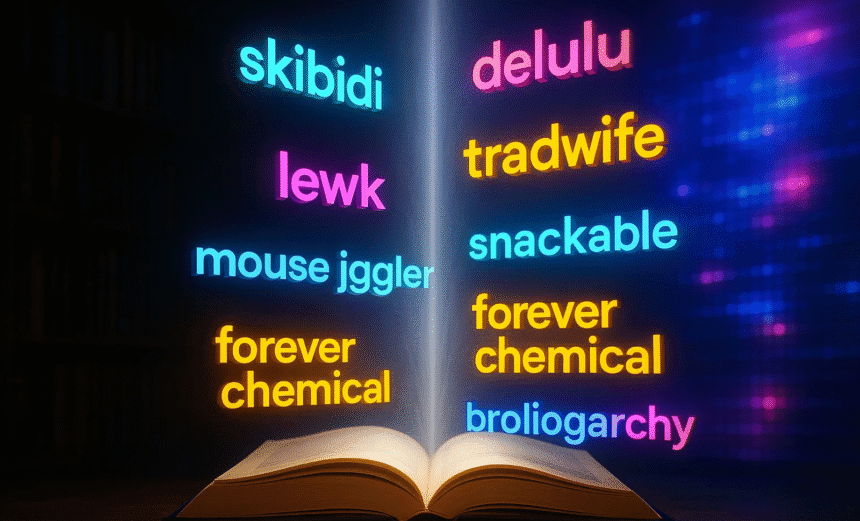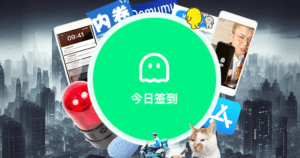On August 18, 2025, the Cambridge Dictionary, published by Cambridge University Press & Assessment, unveiled one of its most significant updates in recent years: the addition of 6,212 new words, phrases, and meanings to its online edition. This sweeping expansion reflects the vibrancy of modern language and the undeniable influence of internet culture, social media, and contemporary social realities on how English is spoken today. The update is seen as part of Cambridge’s ongoing mission to capture the living, evolving nature of language rather than confining it to traditional forms.
Among the new entries, several have already stirred lively debates and captured public attention. Words such as “skibidi”, made popular by the viral YouTube and TikTok “Skibidi Toilet” phenomenon, have made their way into the dictionary, representing playful and often nonsensical expressions that young people use as exclamations or to describe something “cool.” Another popular entry is “delulu,” a humorous shorthand for “delusional” that is widely used across fan communities and social media platforms to describe people who indulge in unrealistic yet entertaining beliefs. Meanwhile, “tradwife,” a blend of “traditional” and “wife,” has been included to describe women who embrace conventional homemaking roles, often showcasing these lifestyles online as part of a social movement.
Beyond slang and lifestyle trends, the dictionary has also made space for terms that reflect pressing social, political, and technological developments. Words like “forever chemical,” referring to persistent synthetic compounds that resist environmental breakdown and threaten health, highlight the role of language in shaping environmental awareness. Similarly, “broligarchy,” a pun combining “bro” and “oligarchy,” has been added to describe the growing influence of powerful male-dominated cliques in tech and politics. Other inclusions, such as “mouse jiggler,” a device used by remote workers to keep their status active online, and “snackable,” referring to short, easily digestible digital content, reflect how work and entertainment have been transformed by the digital age. Popular fashion-related slang has also been recognized with the inclusion of “lewk,” a stylized version of “look” that refers to bold or distinctive outfits.
Lexicographers at Cambridge insist that words are only added after careful observation of their usage across multiple contexts. Colin McIntosh, Lexical Programme Manager at the Cambridge Dictionary, explained that the process involves ensuring that words demonstrate both widespread adoption and the likelihood of long-term usage. He stressed that dictionaries are not arbiters of correctness but mirrors of real-world language as it is spoken, typed, and shared. The inclusion of terms like “skibidi” or “delulu,” therefore, is not an endorsement of frivolity but recognition that these words have become part of the linguistic mainstream.
Academic voices have weighed in on the significance of this update. Sociolinguist Christian Ilbury of the University of Edinburgh noted that many of the words added this year originated within small online subcultures but quickly spread into global usage through platforms like TikTok and Instagram. He argued that this trend highlights the speed at which digital spaces now influence and standardize language across borders, making dictionaries more responsive than ever before.
The public reaction, however, has been sharply divided. Supporters have celebrated the update as proof that dictionaries remain relevant by capturing the dynamic ways in which people communicate. Commentators pointed out that resistance to linguistic innovation is not new; historical figures like Jonathan Swift once opposed the addition of now-commonplace words. Critics, on the other hand, lamented the move as a “decline” in language standards, mocking entries such as “skibidi” as unserious additions unworthy of a prestigious dictionary. Social media platforms quickly filled with both ridicule and amusement, reflecting the cultural tug-of-war between linguistic purists and those who embrace change.
Regardless of the debate, what remains clear is that language is not static. The inclusion of over 6,000 new words this year reflects how English adapts to societal shifts, technological innovations, and cultural expressions. Whether serious scientific terms like “forever chemical” or playful slang like “delulu,” these additions underscore that dictionaries are not just books of rules but living archives of human interaction. The 2025 update by Cambridge demonstrates that, in an era shaped by memes, climate crises, digital work culture, and social movements, our vocabulary continues to evolve just as rapidly as the world around us.














